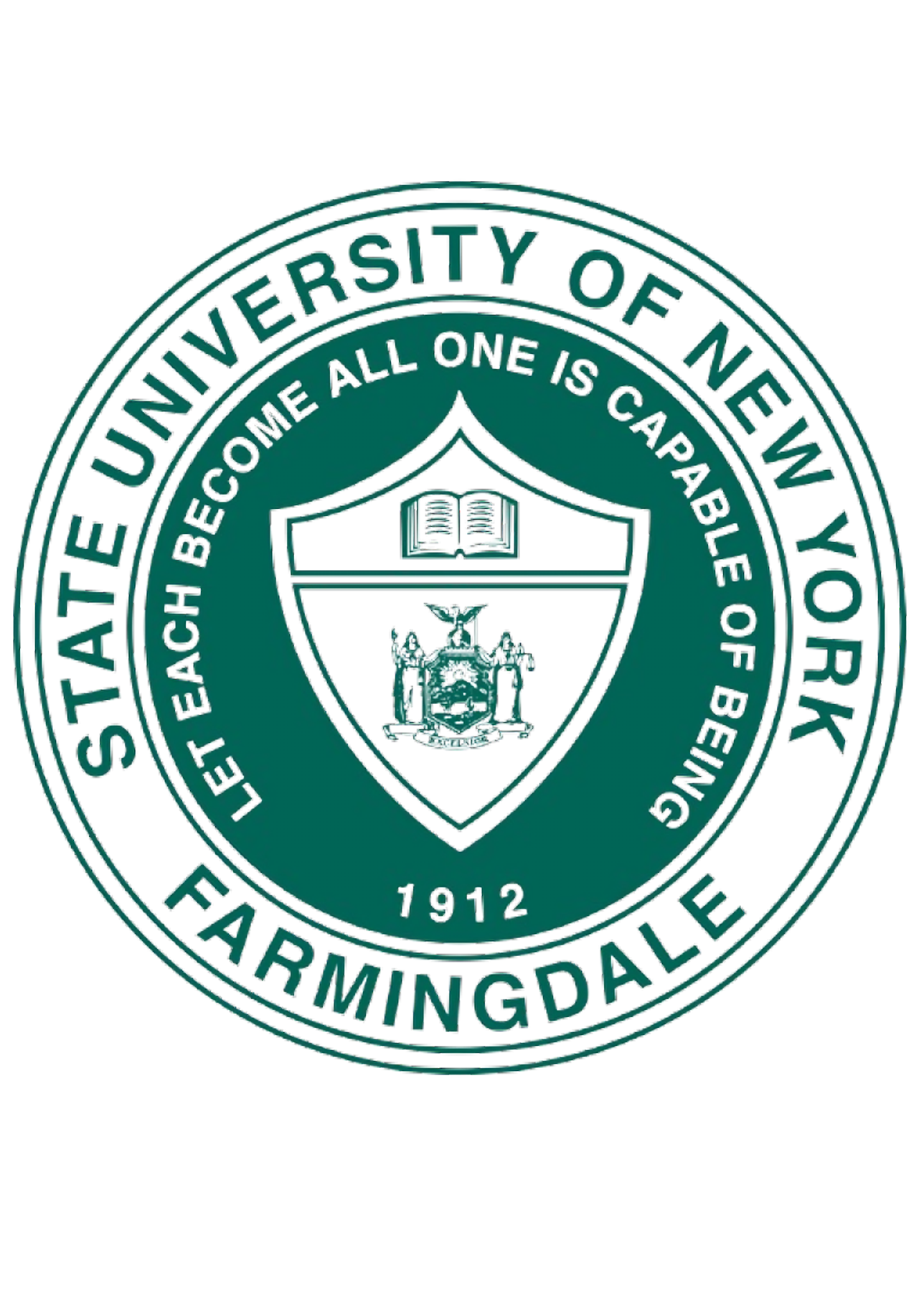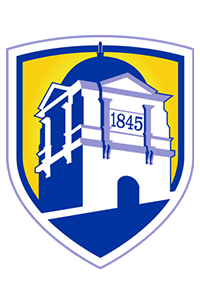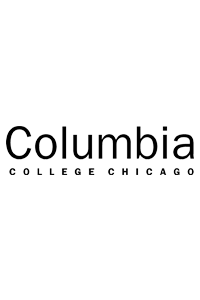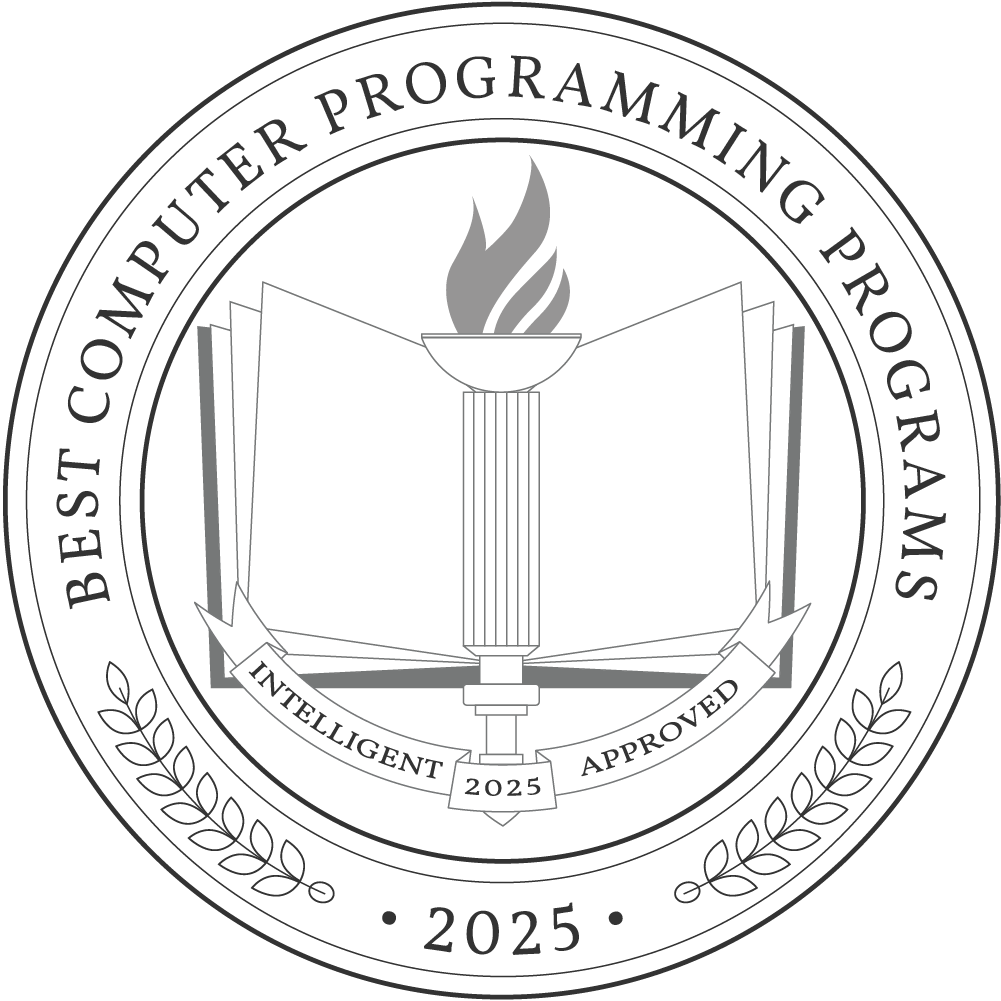Computer programming careers are on the rise in the 21st century. Well-trained programmers create revolutionary software and applications, life-saving medical technology, and innovative data systems in every industry imaginable. In 2023, computer programmers made a median annual wage of $99,700, while software developers made $132,270. After earning a postgraduate degree in computer programming or computer science, computer and information systems managers made a median of $169,510 — over three times the average wage for all occupations.
Computer programming degree programs incorporate elements of STEM programs and expand on the fundamentals of all types of programming languages, including Java, C++, and Oracle. In 2023, the average tuition and fees for an associate degree in computer programming was $3,885, while a bachelor’s degree cost $17,709, not including the cost of housing. After earning an undergraduate degree, computer programmers often earn a master’s degree, which costs $20,513.
Why Trust Us
The Intelligent.com Higher Education Team is dedicated to providing students with independent, equitable school and program rankings and well-researched resources. Our expert-driven articles cover topics related to online colleges and programs, paying for school, and career outlooks. We use data from the U.S. Department of Education’s College Scorecard, the National Center for Education Statistics, and other reputable educational and professional organizations. Our academic advisory team reviews content and verifies accuracy throughout the year for the most current information. Partnerships do not influence rankings or editorial decisions.
- Analyzed over 2,000 national, accredited, and nonprofit colleges and universities
- 800+ rankings pages are reviewed and updated yearly
- Content is informed by reputable sources, surveys, and interviews with academic advisors and other experts
- Over 100 data points are reviewed for accuracy and quality throughout the year, including sources
How we rank schools
Our list features the best Computer Programming degree programs at top colleges nationwide. Each school featured is a nonprofit, accredited institution — either public or private — with a high standard of academic quality for post-secondary institutions.
We evaluated each school’s program on tuition costs, admission, retention and graduation rates, faculty, reputation, and the student resources provided for online students. We collected data from trusted sources like the National Center for Education Statistics, individual school and program websites, school admissions counselors, and other data sources. Then, we calculated the Intelligent Score on a scale of 0 to 100 based on the following criterion:
Academic Quality:
- Admission rate versus enrollment rate
- Retention rate of students who return after year one
- Accreditation status (regional and programmatic)
- Nonprofit status, both private and public institutions
Graduation Rate
- Overall graduation rate
- Total number of currently enrolled students, including diversity metrics
- Student-to-faculty ratio
Cost and ROI
- In-state and out-of-state per-credit tuition rates and fees
- Required credits to graduate
- Earning potential after graduation
- Availability of federal student loans, scholarships, and other financial aid options
Student Resources
- Available student services for online-only and hybrid programs
- On-campus amenities like tutoring centers and the number of libraries
Read more about our ranking methodology.
Best 3 Accredited Computer Programming Degree Programs
FiltersInstitution Type
Status
- Intelligent Score
- Alphabetically By University Name
- Acceptance Rate
- Enrollment
- In-state Graduate Tuition
- Out-of-state Graduate Tuition
- In-state Undergraduate Tuition
- Out-of-state Undergraduate Tuition

Farmingdale State College
Intelligent Score: 98.07In-state: $7,070
Out-of-state: $16,980
In-state: $9,340
Out-of-state: $9,340
SAT: 990-1150
ACT: 19-24
Resident: $295
Non-Resident: $708
On-Campus
Middle States Commission on Higher Education
121

Limestone University
Intelligent Score: 96.10In-state: $41,055
Out-of-state: $41,055
In-state: $45,700
Out-of-state: $45,700
SAT: 980-1160
ACT: 19-25
$742 - $1,113
On-Campus, Online
Southern Association of Colleges and Schools Commission on Colleges
120

Columbia College Chicago
Intelligent Score: 92.69In-state: $53,716
Out-of-state: $53,716
In-state: $29,479
Out-of-state: $29,479
SAT: Not Required
ACT: Not Required
$777
On-Campus, Online
Higher Learning Commission
121
How to Choose a Computer Programming Degree Program
Choose your area of study
Computer programming degree options are plentiful, depending on your desired level of specialization and career goals. Many computer programmers complete general degrees in computer science, including an Associate of Science (AS) in computer science, a Bachelor of Science (BS) in computer science, or a Master of Science (MS) in computer science. In some programs, you can add a programming specialty to your degree, such as a BS in computer science with a concentration in programming.
If you’re interested in a more programming-focused option, pursue degrees such as a BS in computer programming or an MS in software development. You may also find joint computer science majors, such as a BS in computer science and mathematics or an MS in computer and electrical engineering.
Research schools and programs
Choose a school and computer programming degree program that is accredited by both an institutional and programmatic accreditation agency. Institutional agencies, such as the Higher Learning Commission (HLC) or the New England Commission of Higher Education (NECHE), assess schools to ensure they meet academic standards consistent with those of other institutions. Verify the accreditation status of a computer programming program with an agency like the Accreditation Board for Engineering and Technology (ABET), which applies professional engineering and technological standards to a program’s coursework.
Once you’ve narrowed your list of accredited computer programming degree programs, take an in-person or virtual tour of each campus. Determine if the city where the school is located is a good fit for you and your interests. If you need housing, learn about the school’s housing options for both undergraduate and postgraduate students.
Prepare for tests and applications
When you apply to a computer programming degree program, you’ll need to demonstrate a mastery of mathematics. Take the SAT and ACT for admission to undergraduate programs, such as an associate or bachelor’s program. For postgraduate degree programs, most computer programming schools have a minimum admission score on the Graduate Record Examination (GRE), particularly in math.
Other application requirements for computer programming degree programs include a personal statement, letters of recommendation, sealed transcripts with a minimum GPA, and a demonstration of programming experience and skill (such as a software project or website you’ve created).
Select your program
The right program for you focuses on the elements of computer programming that connect to your career goals and your desired coursework. If you’d like a more general computer science program that incorporates programming elements, choose a program from a school’s computer science department. For programs that focus more intently on programming, find a school that offers your degree through an engineering or information technology department.
Determine how you’ll pay for your degree
Paying for a degree in computer programming begins with the Free Application for Federal Student Aid (FAFSA), which tells you how much aid you qualify for. Add this amount into a budget that includes tuition and fees, room and board, educational materials, and any transportation costs (including cars, gas, or airfare).
You can also contact your school’s financial aid office for information about grants, scholarships, or assistance programs like employer tuition assistance. The program or school’s website might also have recommendations for financial aid that you can pursue before you attend.
What Can You Expect From a Computer Programming Degree Program?
Computer programming degrees involve extensive hands-on programming work. Students learn and deepen their knowledge of various programming languages and apply that knowledge to real-world programming scenarios. If your program involves concentrations in electrical engineering or cybersecurity, your coursework will also cover those topics and their fundamentals.
Potential courses you’ll take in a computer programming degree program
- Programming. Students take many programming classes in computer programming coursework. They’ll cover common programming concepts like imperative programming, object-oriented programming, event-driven programming, advanced algorithms, and learn the basics of programming languages.
- Java Programming. Using principles from computer science foundations, students create and debug Java applications using Javascript. They write loop structures and decision structures within their programming projects.
- C++ Programming. Students learn and master the basics of C++ programming to build software and solve programming problems. They study encapsulation, polymorphism, abstraction, and inheritance before designing and implementing executable programs.
- Operating Systems. A course in operating systems teaches future programmers how to build and implement operating systems. It focuses on the relationship between computer hardware and software and how individual operating systems represent data.
Computer Programming Degree Frequently Asked Questions
How do I apply to a computer programming degree program?
A computer programming degree website should have all the necessary information to complete an application. Take note of deadlines and course prerequisites to plan ahead, and try to take required entrance tests in advance so you can retake them if needed.
If you have more questions about applying to your program, contact your school’s admissions office or a representative from their computer programming or computer science program. They can give you more information about how and when to apply for your future degree.
How much does a computer programming degree cost?
How long does it take to earn a computer programming degree?
A bachelor’s degree in computer programming requires around 120 credit hours, which takes four years for full-time students. An associate degree in computer programming requires between 30 and 60 credit hours, which takes around two years to finish, and the average master’s degree in computer programming takes an additional two years after completing a bachelor’s degree. If you need a part-time schedule or an accelerated option, your timing may differ from these durations.

